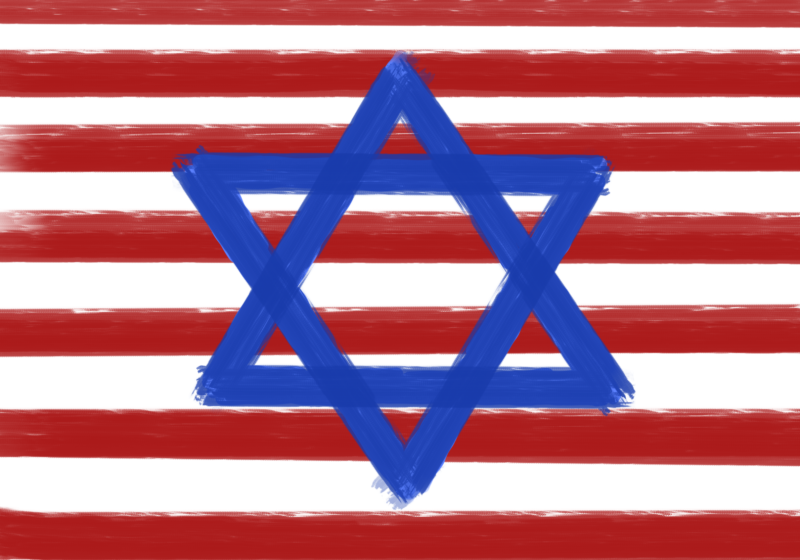Across many facets of our society, there will always be a hierarchy of some form or another between a group’s leader and their subordinates. This could be as small-scale as how students address their teachers or as major as how soldiers address their general. However, different cultures have different levels and expressions of hierarchy, with some cultures encouraging constant obedience to one’s superiors without ever backing out, while others are far more relaxed and casual.
The culture of hierarchy found in much of American society seems to lean in favor of the stricter approach, with it being normal to address one’s superiors by their honorific, be they your boss or your school teacher. Speaking from experience, using a teacher’s first name even by accident can be seen as disrespectful. In the American work culture, obedience to one’s superiors is heavily encouraged, especially if the superior in question has a seniority advantage over their subordinates. In the U.S. military, this is also seen in the army’s enforcement of complete obedience to their commander’s orders.
In Israel, however, the cultural hierarchy is far more lax. When my brother and I went to an Israeli school during eighth grade, we both noticed how all the students addressed the teachers by their first names — a huge no-no in American schools. Similarly, the Israeli judo club that I joined during my stay was much more casual than the Karate class I attended back in the US, with there being no mandatory addressing of the instructor by an honorific like “sir” (we called him by his first name without repercussion), and the instructor’s orders did not need to be as tightly followed as in the American karate class.
Similarly, it is well-known in Israel that in both the workplace and the Israeli military, the enforcement of authority is notably much lower than in their American counterparts. For example, Israeli workers are more likely to debate certain orders or work issues with their bosses, which can help a workplace question bad decisions made by their boss and come up with new ideas. On the same note, Israeli military officers are more willing to fight on the front lines with their soldiers than American officers, who often stay back and direct their forces behind the front lines. Of course, the former comes with the downside of increased arguments in the workplace, which can hurt productivity if the arguments don’t produce anything of value, while the latter has resulted in Israeli officers having much higher casualty rates in recent wars on a per capita basis compared to officers in the American army.
While the US’s and Israel’s cultural differences in societal hierarchies come with their advantages and disadvantages, the contrast between the two makes for an interesting comparison that, despite often being overlooked, is so connected to so much of our lives, from our time in school to our lives in the workplace.



